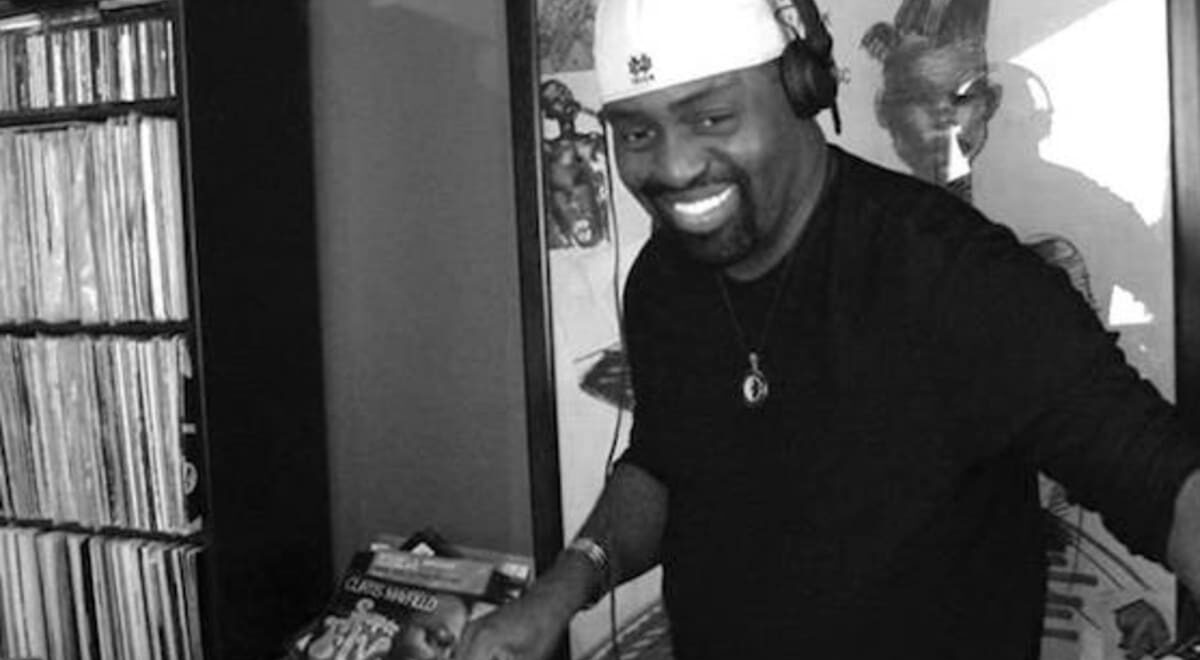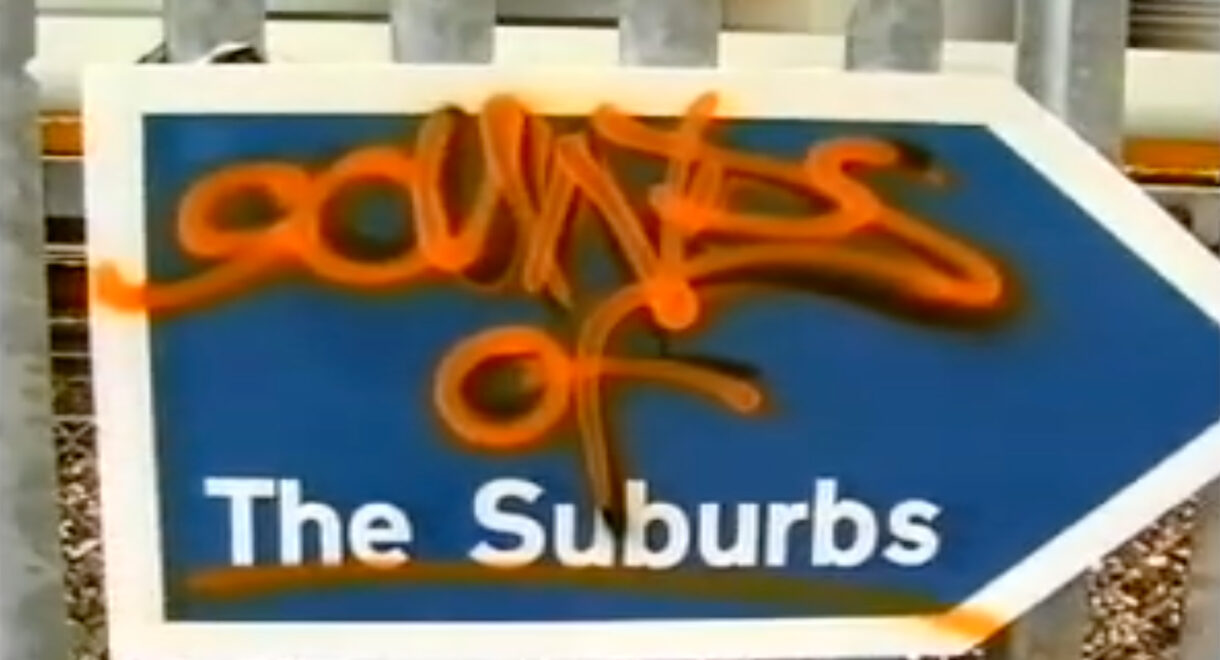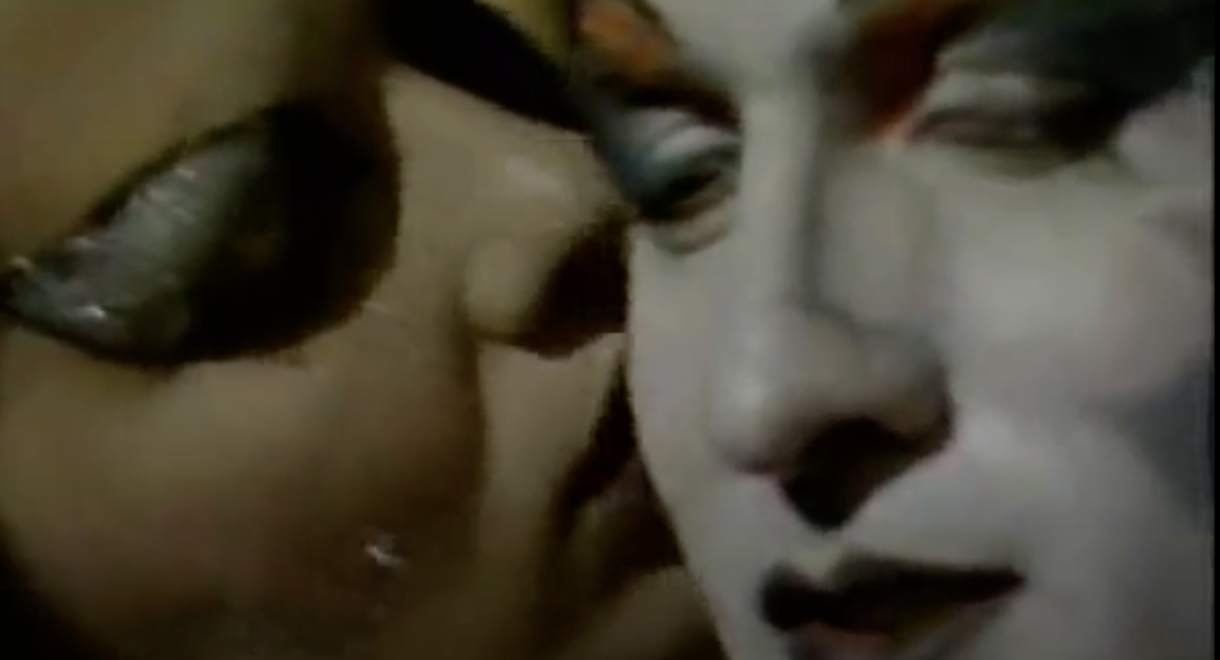Gelareh Khoie shares the story of thirtyninehotel, a legendary nightclub, art gallery, and performance space powered by Klipschorns from David Mancuso’s Prince Street loft parties. Love (Art & […]
The Birth of House: Tracing the rise of Chicago warehouse music in the ‘80s

A 1986 story by Barry Walters shined a spotlight on a new dance-floor sound.
In 1986, the great music writer Barry Walters, who made his name covering underground New York dance culture in the 1970s when most writers were focusing on rock, published the first major national story on a new genre of music coming out of Chicago warehouse parties.
“House is bricolage, for it borrows from obscure Italian disco records that imitate New York club records that draw from Philadelphia soul that grew out of Detroit black pop,” Walters wrote in the just launched new magazine Spin.
He continued, “House is motivated by an obsession to possess the inaccessible: imported European 12-inch disco singles that appear one week and are gone the next, unlikely picks from long out-of-print albums, bootlegs, and commercially unreleased DJ-only remixes. To be into house you have to be resourceful, dedicated, and willing to sacrifice a big chunk of your paycheck to track down the right records. House makes demands.”
Walters traced house music’s rise through the eyes and ears of DJ Frankie Knuckles and his nearby rival Farley Keith. Knuckles had been inspired by his friend from the Loft in New York, DJ and producer Larry Levan, Walters wrote:
In Chicago former New York DJ Frankie Knuckles provided a similar sound from 1977 to 1983 at a gay black club called the Warehouse. Like Levan, Knuckles mixed dubbed-up inspirational electronic funk cult jams by the Peech Boys and D Train with ’70s black disco classics by Loleatta Holloway and South Shore Commission. Knuckles spun what other jocks had long forgotten or never had the nerve to play, creating a following of dancers who came just to hear his signature sound. They called this sound Warehouse music. For short, house music.
Keith, who claims to have coined the term “house” music, told Walters that when he started introducing European dance music into his funk, disco and R&B sets at a club called the Playground, dancers weren’t having it. “But after a while people at the Playground were going nuts, and everybody started playing imports because they didn’t want to be left behind. The DJ became such a force that the music he played became his music, and people would accept it. Because I played an import like ‘Brainwash’ [by the Belgian group Telex with English lyrics by Sparks], other DJs picked up on it, and [record shop] Imports Etc. sold 1,000 copies in two weeks.”
He added, “After everyone jumped on the bandwagon and played what I was playing, it wasn’t special to me anymore. So then I brought my drum machine to the club and learned to play records that used the same machine, like ‘Dirty Talk’ by Klein and MBO.”
“J.M. Silk’s ‘Music Is the Key’ was played on our mixes and in the clubs so much before it was released that it sold 2,000 copies the day it finally came out,” boasted Farley.
Here’s Walters describing house: “In a typical house record, vocalists are just accessories to the beat. They’re there so people will remember what record to buy. Singers often don’t get anywhere near the right notes and sometimes don’t even try to interpret the lyrics. Another connection with Italian disco. On a Farley import favorite like ‘Feel the Drive’ by Doctor’s Cat, the Italian singers try to imitate black Americans while attacking the thoroughly insipid lyrics with severe solemnity. They sound, naturally, like Italians phonetically imitating black Americans without a clue about what they are singing. This doesn’t bother house people.”
The writer concludes the feature, likely the first introduction to the music for most Spin readers, with portentous insight from house singer Screamin’ Rachael.
Like every cult music, house is a set of codes, a language mutually understood by those who speak it but deliberately foreign to outsiders. Despite the tension created by major labels coming in to take away talent (Geffen has Jesse Saunders and the Bang Orchestra, RCA has J.M. Silk, and other labels have courted D.J. International), the music makers themselves still all work on each other’s projects, resist outside attempts to slow down their furious production pace, and generally hang together like a family. As Screamin’ Rachael puts it, “What you see with D.J. International is like a new Chess label appearing. We’ve got a lot of blues soul, and gangster influences. After all, we are from Chicago.”
Below, a 40-minute documentary on the birth of house music produced from Britain’s Channel 4:










